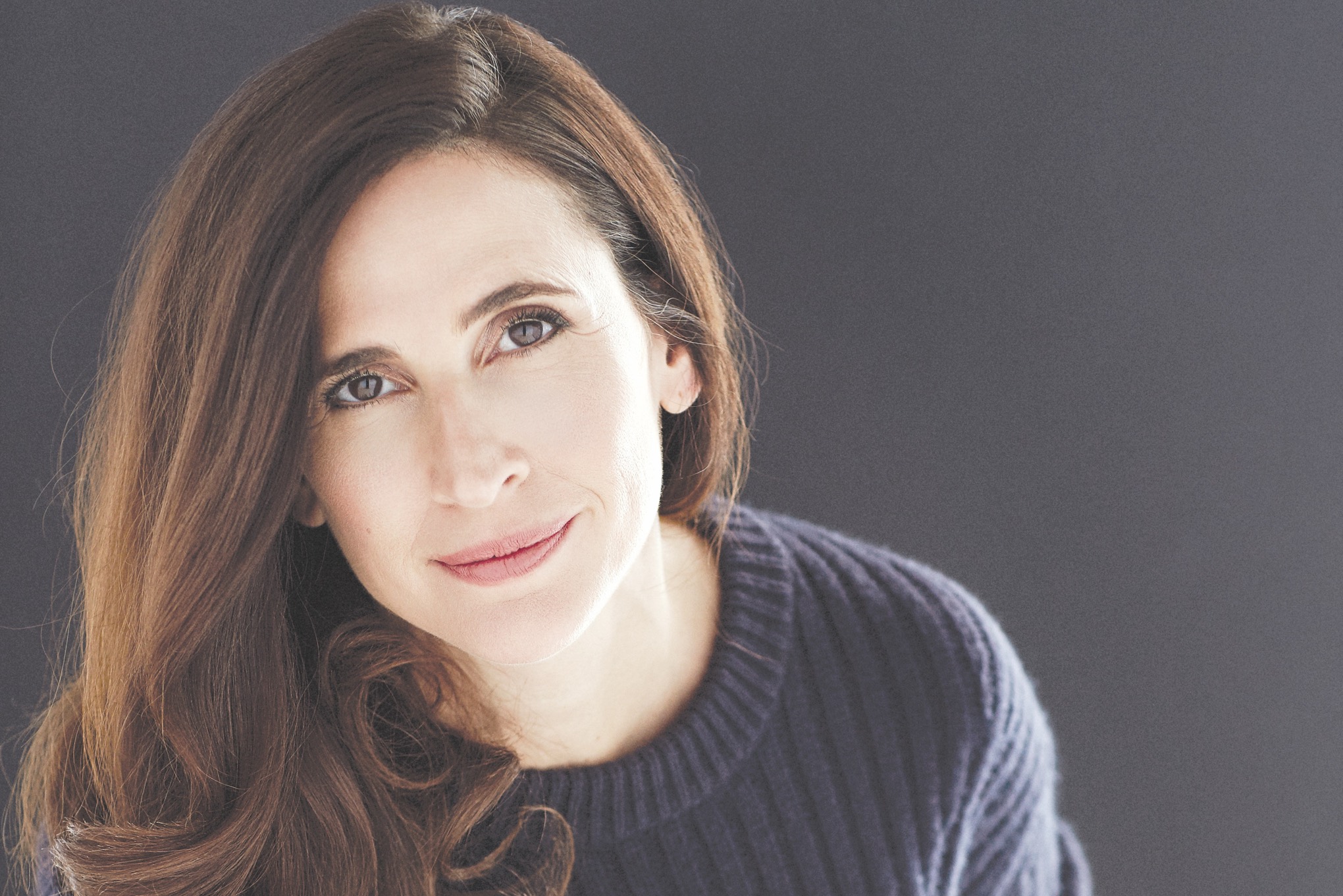
Actress Michaela Watkins — whose resume includes Hulu’s “Casual,” ABC’s “Trophy Wife,” Amazon’s “Transparent” and NBC’s “Saturday Night Live” — recently returned from a tour of Israel to news of a wildfire threatening her home in Ojai. After the winds shifted and her house was spared, Watkins, 46, spoke to the Journal about the fire, the trip — run by the Jewish Women’s Renaissance Project — and about how she’s hoping to make an impact in today’s world.
Jewish Journal: What’s next for Ojai after the fire?
Michaela Watkins: The town is preserved, but there’s a lot of damage. We need to figure out how to show gratitude to every single cop and firefighter. I feel more connected to Ojai than I did before. We’re there for the long haul.
JJ: Did you have any hesitations about the trip to Israel before you went?
MW: I’m not aligned with [Prime Minister Benjamin] Netanyahu, so I wondered, how do I go and support this country? My husband was brilliant: [He said,] “You need to go because a lot of people feel the same as you, and you need to go and look people in the eye.” If we’re ever going to get anywhere, we have to continue to travel and look in the eyes of other people and remember that we all want peace and to love and be loved.
“The trip was like an Israel sampler; I have to come back and order off the main menu.”
JJ: What were your impressions of Israel?
MW: There’s tension, beauty and so much history. … What they’re doing on a technology level is so innovative, and it’s so archaic and untouched and preserved. The elegance of those worlds leaning against each other, the way that they’re woven together, is splendid and not like any country I’ve ever visited.
The trip was like an Israel sampler; I have to come back and order off the main menu. I have to come back and do Yad Vashem again, to sit and commune with nightmares. I was very moved by it and fascinated by reflections of what was going on then duplicated in our current state of affairs. … I need to go back to Tel Aviv and Jerusalem more — experience more of the food situation, which is bananas good.
JJ: How has your trip enriched your understanding of Middle East politics?
MW: There’s such a complexity to Israel. You go to Yad Vashem and you think, “Give Jews whatever they need because what befell the Jews in Europe was so horrific that, of course, they should have a place for them to be in charge of themselves.” At the same time, I feel that if we learn nothing else from the Holocaust, we learn that oppression is wrong. [But] near the Lebanon border, [where] doctors feel they have one job — to save life no matter whose life it is — that raises the moral vibration and I hope everyone else gets on board. At the same time, I understand that there are people who don’t think they have a right to even exist. You have to defend your life, and it’s hard to hold all of those things.
JJ: In this news whiplash society, what issues are you most concerned about?
MW: Promoting women’s voices, especially women of color and LGBTQ. And after this last week, I think, how can we have a government that’s so dumb about climate change? This is the [biggest] fire in California history. The focus of everything should be clean air and water and food …
We need women in power positions. I think Harvey Weinstein could get by with horrible behavior because there’s not any agency in all of L.A. where half of the board members or shareholders are women. We need to change the landscape of power. If we don’t change male toxicity, take away assumed privilege and entitlement, then the environment is not going to change.
JJ: You put a note in the Western Wall, wishing for world peace. If you had two more notes, what would you wish for?
MW: That chocolate is the panacea for everlasting youth. And that my husband and I have a long, happy, healthy, romantic relationship together, forever and forever.























 More news and opinions than at a Shabbat dinner, right in your inbox.
More news and opinions than at a Shabbat dinner, right in your inbox.